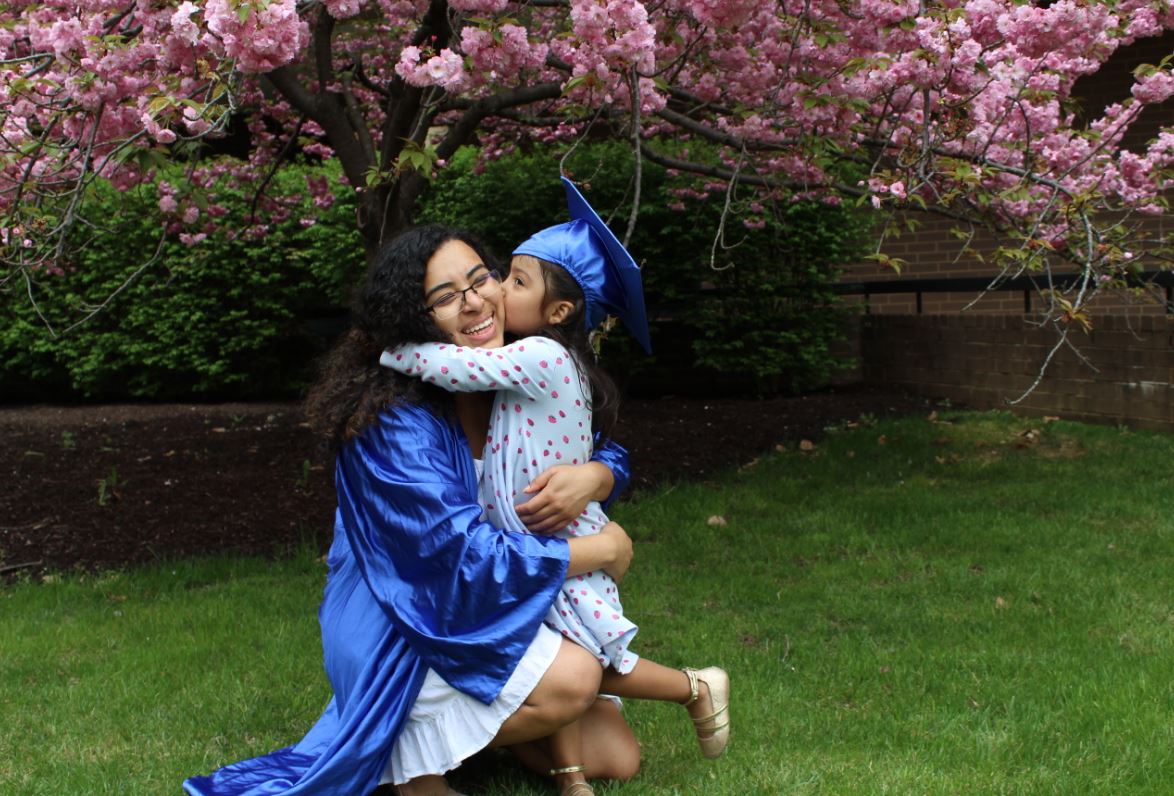United States 
Parenting Students are Binge-Worthy Heroes that Audiences Want to See on Screen
Student parent stories provide a new lens on modern parenthood and the American Dream

United States 
Student parent stories provide a new lens on modern parenthood and the American Dream

Working families striving for a better life have long been fertile ground for US television writers, from The Honeymooners and All in the Family to more recent depictions in Jane the Virgin and Maid. Today’s TV audiences continue to crave these stories, with around 9 in 10 viewers saying they want even more depictions of family, caregiving, and work.
For storytellers looking to reboot the working family narrative for modern audiences, the parenting student experience offers a deep well of powerful, relatable stories yet to be told.
One in five current US college students is a parent – a sizable population that doesn’t include the 12 million more parents with some college experience but no degree. Many work while going to school, navigating flawed systems of learning, work, and care that force parents to choose between raising children and pursuing an education that unlocks greater opportunity for their families. These parents are talented, motivated students who make the same grades as non-parents despite significantly greater demands on their time, attention, and money – yet most never graduate.
Imaginable Futures recently partnered with the Writers Guild Foundation to host a virtual character creation lab on “Writing Student and Working Parent Characters.” With writers Michelle Denise Jackson (Maid), Madeline Hendricks Lewen (Jane The Virgin), and Anya Meksin (High Potential), we unpacked why telling student parent stories matter and how to tell them in a way that resonates with today’s audiences.
Watch the recording and learn more about the speakers on the Writers Guild Foundation event page.
If you are surprised to learn that there are so many parenting college students in the US, you’re not alone. Most colleges, in fact, would be surprised too: very few postsecondary education institutions ask the parenting status of their students (though some states are changing that). Meanwhile, many programs established to support working parents often exclude those pursuing education. Exacerbating all of this is the child care crisis in the US which affects both working and student parents.
These are the cracks between our systems of learning, care, and work that millions of US families slip through – rendering them invisible to those who make decisions that shape their lives and their families’ futures.
Storytellers – whether they be TV writers, journalists, or novelists – have the power to show us these cracks and can even help us imagine a future where we fill them. Here’s how student parent stories can rewrite the narrative on working families:
Depictions of working families on TV have evolved alongside broader shifts affecting family life in the US – the “One Day at a Time” of 2017 explores different storylines than the 1970s original, for instance – but the narrative thrust has always centered on the hopes and dreams that families have for their future. Student parents are living a modern working family story – it’s time our screens reflected that.

Recent journalism: